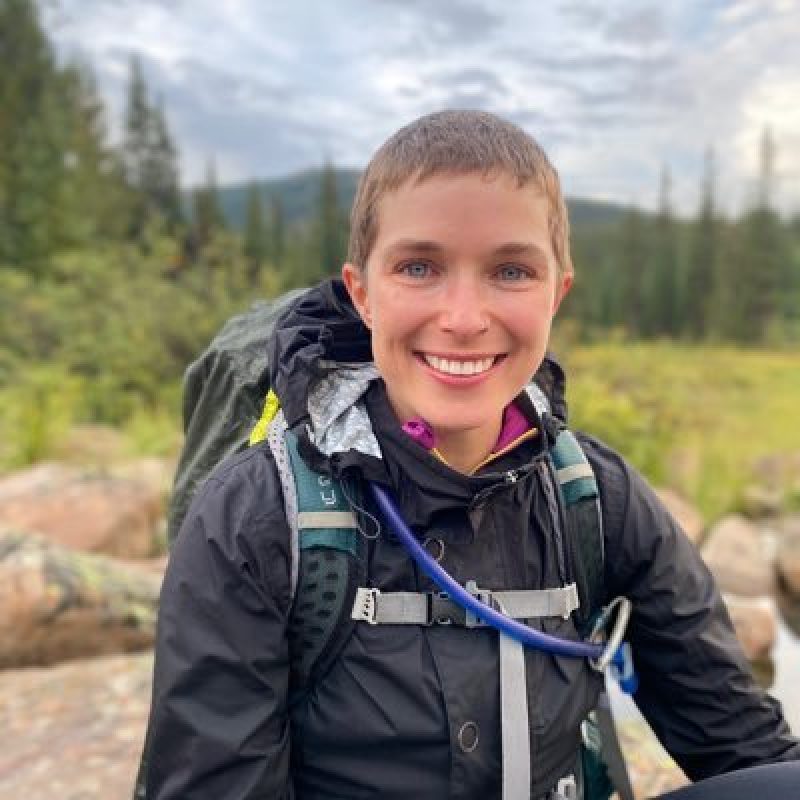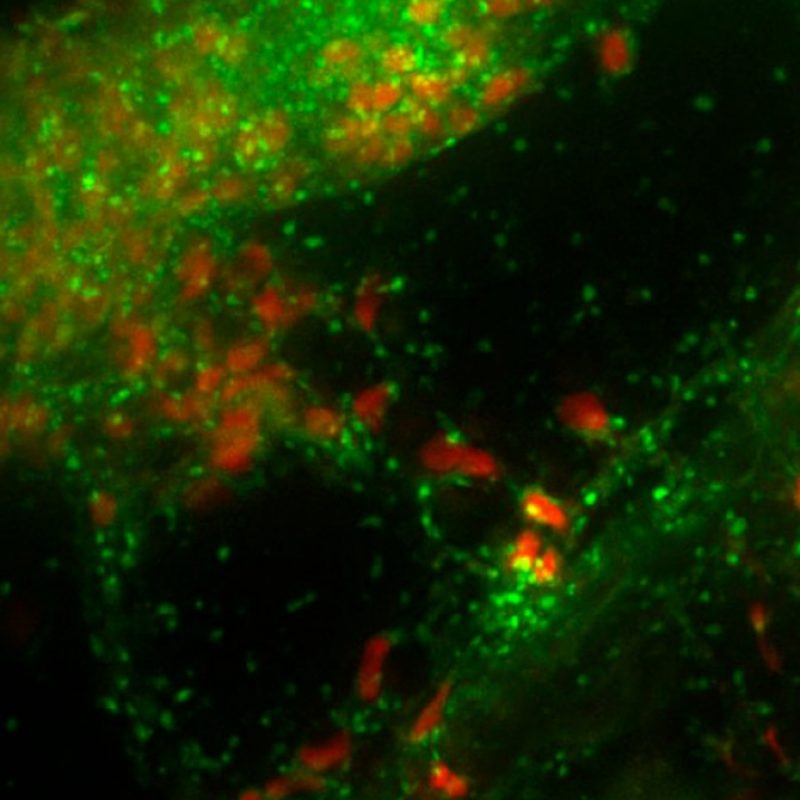Tag: Animal Hosts
-

CIHMID/CCFI Postdoc Travel Grants
The Cornell Center for Immunology (CCFI) and Cornell Institute of Host-Microbe Interactions and Disease (CIHMID) are pleased to offer support to postdoctoral researchers who plan to attend scientific conferences during the 2022-2023 calendar years. CCFI and CIHMID will provide host labs up to $500 (total) to cover conference costs (registration, travel) for any postdoctoral researcher in […]
-

Marian Schmidt
The Schmidt lab focuses on microbial community diversity, metabolic activity, and genome evolution in aquatic environments. Students will gain experience with microbial ecology and computational tools. As an example project, students can characterize the microbial communities in marine sediments associated with oyster beds to understand[...] -

CIHMID/CCFI Joint Symposium
REGISTER HERE: cornell.ca1.qualtrics.com/jfe/form CIHMID, and the Cornell Center For Immunology (CCFI) will present a joint research symposium, open to the Cornell community. And despite the uncertainty surrounding Covid, and the Omicron variant specifically, CIHMID and CCFI are confident our joint symposium will be safe, and accessible for all attendees. As of right now our plan is to […]
-

Deborah Fowell
We are actively engaged in defining the signals that enable effector T cells to ‘find’ areas of infection and damage within inflamed tissues. We utilize intravital multiphoton microscopy and optogenetic tools to visualize and manipulate effector CD4+ T cells in situ. These approaches have revealed extrinsic[...] -

Brandon Hollingsworth
I am interested in finding better ways of controlling the mosquito Aedes aegypti, the main vector of dengue and Zika viruses. Specifically, I am interested in determining how they move through their environment and the effect that has on different control strategies. The mosquito virome, the[...] -

Mosquito venereal transmission of arboviruses.
Dengue (DEN) is the most prevalent arthropod-borne viral (arboviral) disease in the world; DEN disease incidence has increased dramatically in the last 50 years. Ae. aegypti is the most important vector of DENV to human hosts and the vector remains persistently infected with DENV for life. Understanding interepidemic maintenance of the virus is essential for […]
-

Gerlinde Van de Walle
With a dual focus on viral pathogenesis and stem cell biology, the objective of Dr. Gerlinde Van de Walle’s research is to open up new avenues towards therapeutic intervention by better understanding the pathogenesis of diseases important to veterinary and human medicine. To this end,[...] -

New Call for Postdoctoral Fellows!
Now accepting applications to the CIHMID Postdoctoral Training Program. Applications are due Sept 10, 2023.
-

Megan Greischar lab
Parasite life history strategies within the host, especially the timing of replication and transmission, influence disease severity and spread. I study how subtle differences in ecology within and outside the host can generate dramatic differences in parasite strategies. My research program uses two major approaches: Building ecologically-detailed models to ask when and why particular strategies […]
-

Tobias Dörr lab
My group studies cell envelope stress responses of Gram-negative pathogens. We are defining regulatory pathways and functional networks of enzymes involved in cell wall degradation, modification and synthesis as well as factors required for upholding outer membrane barrier function. We seek to understand these processes to gain insight into the mechanistic underpinnings of cell growth […]
